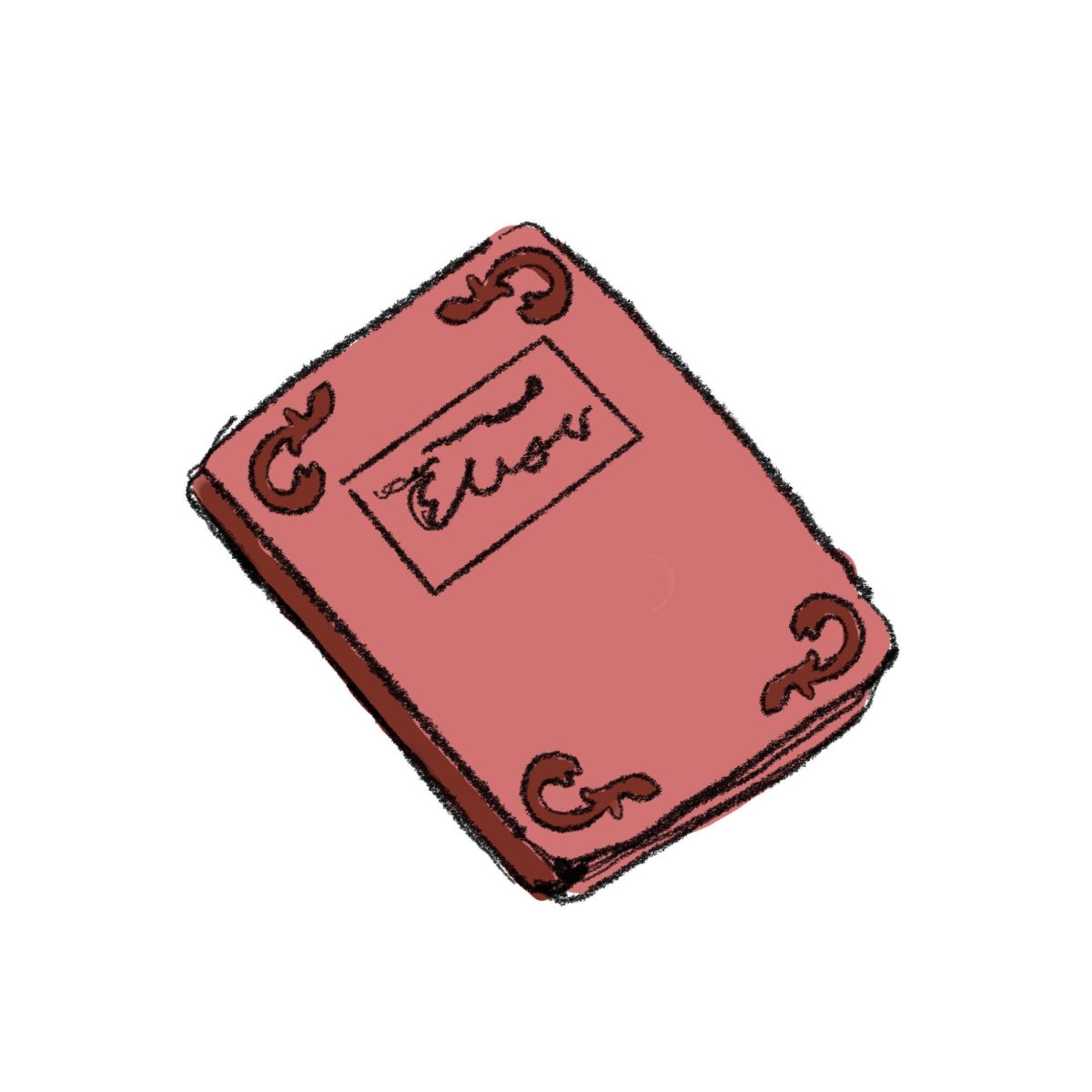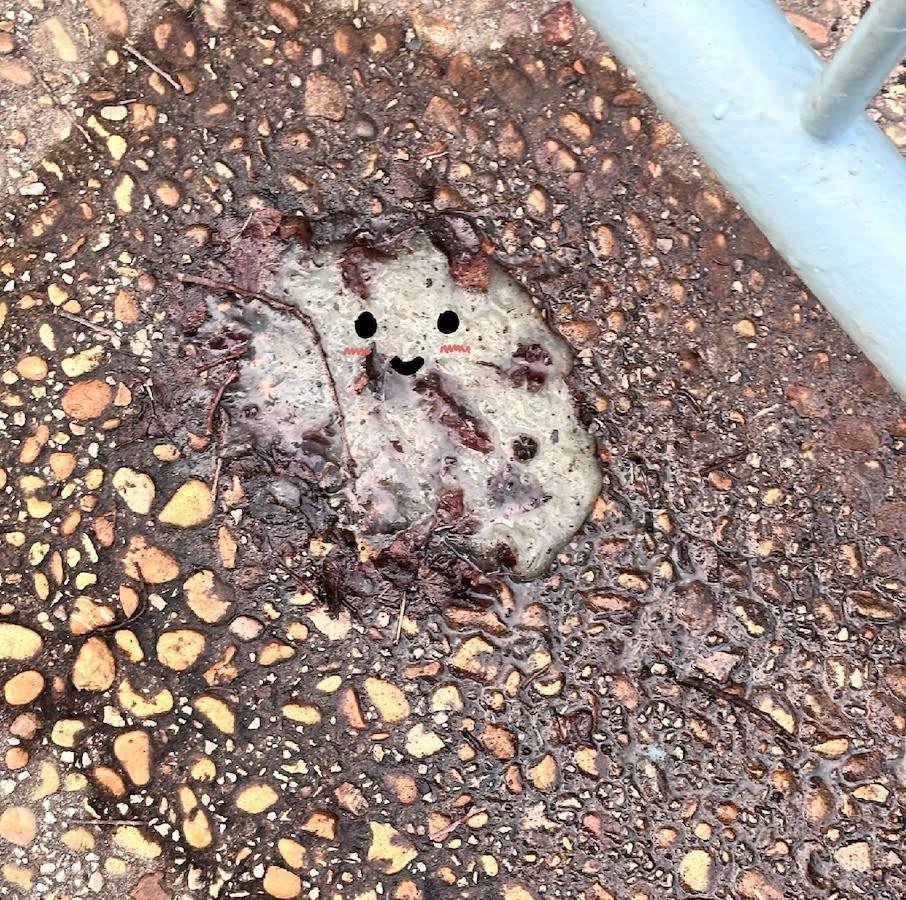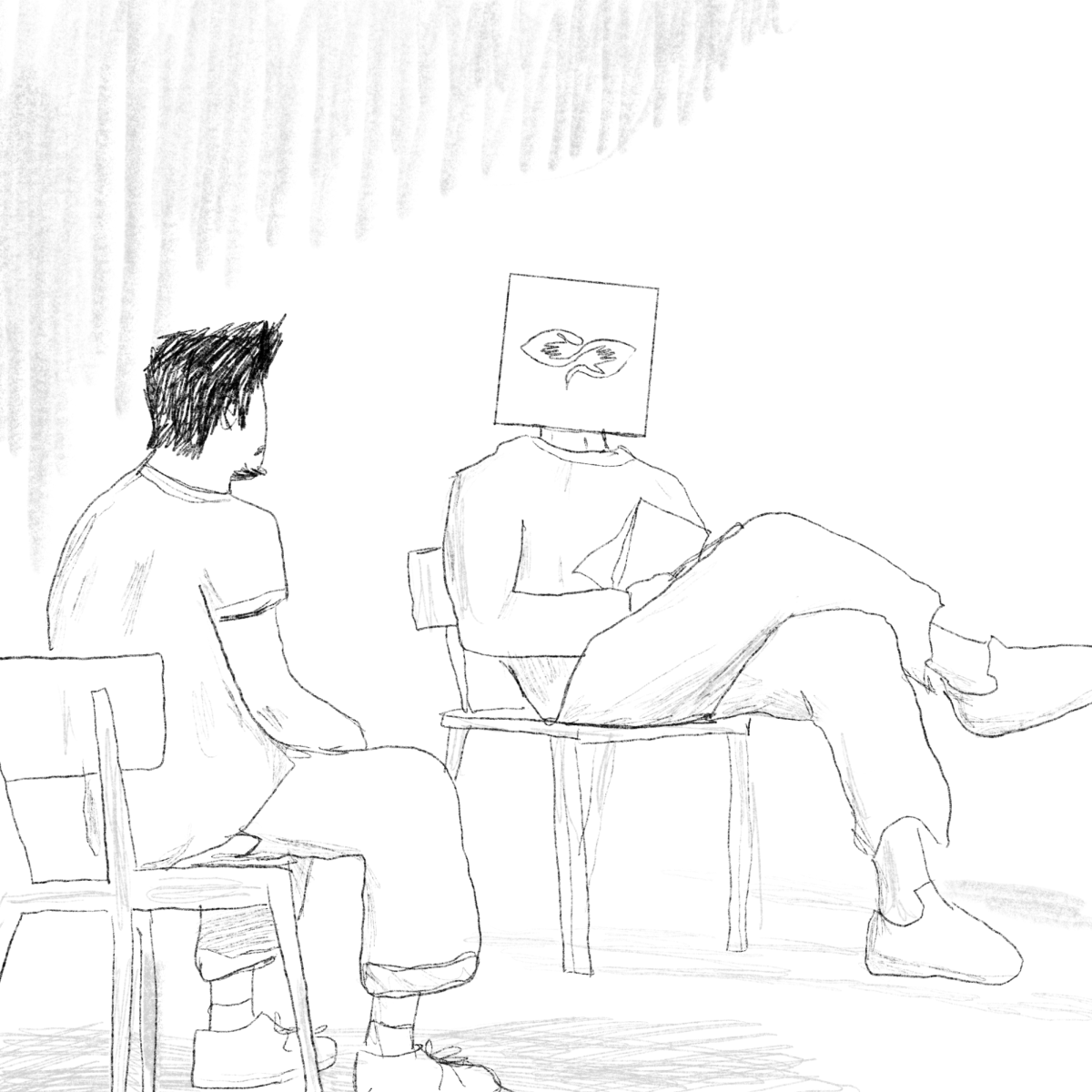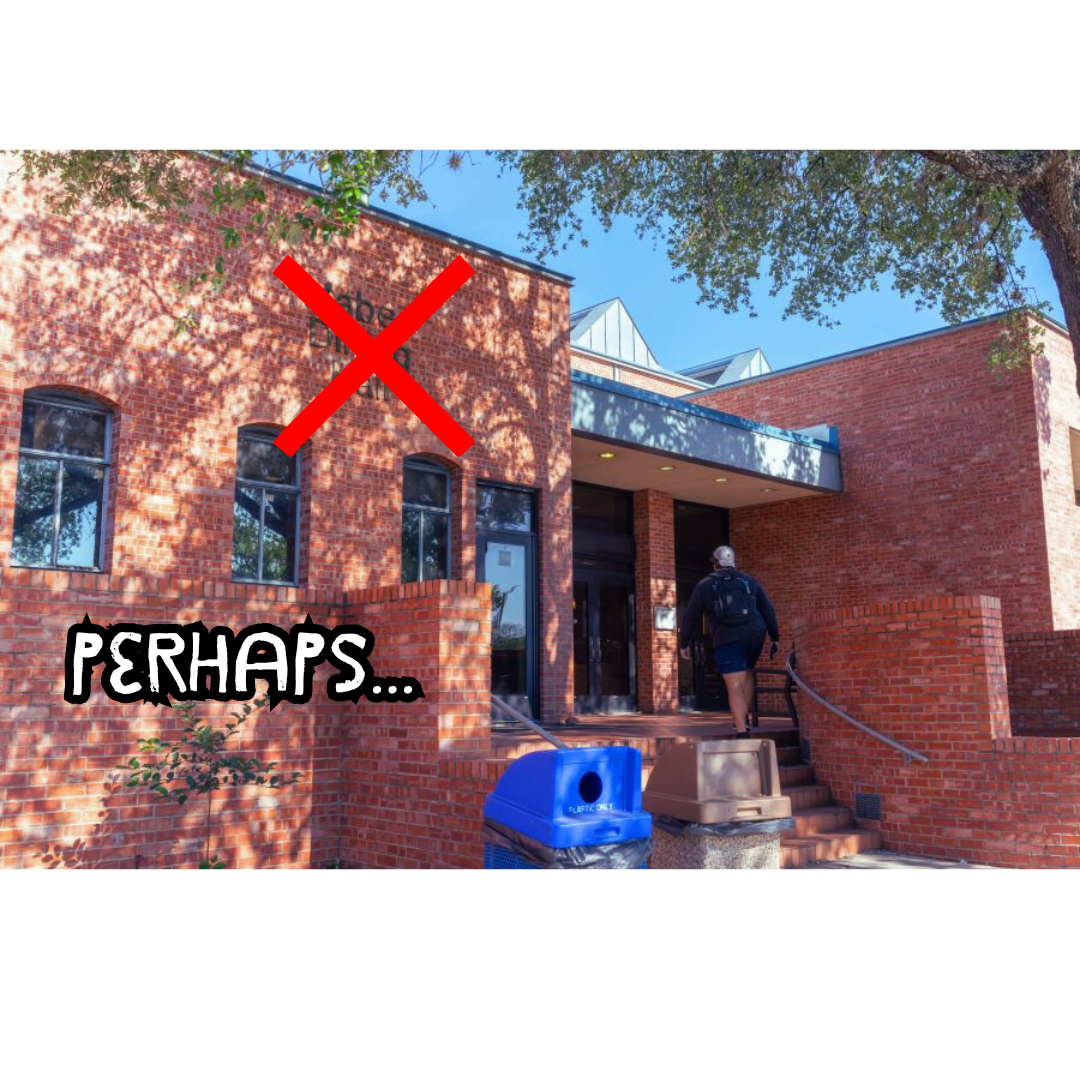Last Friday in the Waxahachie room, the Mexico, Americas and Spain program (MAS) hosted a presentation of Liliana Wilson’s book of artwork. The Texas A&M University Press book titled “Ofrenda: Liliana Wilson’s Art of Dissidence and Dreams” contains Wilson’s artwork along with essays commenting on the artwork that were edited by Norma Cantu. Both women gave presentations at the event to recognize the work of Latinas.
Cantu is a professor of Latino studies at the University of Missouri and worked closely with Wilson to compile essays and an autobiography to accompany the artwork before publishing the book.
“My goal is to highlight the work of Latinas in this country. I wanted to bring together Latinas, beyond the Chicano/Chicana, and into the realm of social justice and I think we achieved it with not just the essays but also with the artwork in the book,” Cantu said.
Wilson is an artist from Chile who left her home country to escape the political turmoil and oppression in the 1970s. Through her artwork, Wilson seeks to demonstrate the violence and inequality in Chile and fight against injustice.
“I make it visible by making it beautiful so that people will see it and understand that this is something that shouldn’t be happening. I don’t really have a solution for it but at least I can point it out through my art,” Wilson said.
In her drawings and paintings, Wilson often self-censors herself when it comes to portraying the violence and injustice in Chile by making it beautiful rather than filled with gore.
“They appeared to be one thing but we’re saying another thing; basically my artwork is marked by that. The ways that I speak or draw or present my work is not openly what it is saying because I think that is dangerous,” Wilson said.
Wilson has lived in Texas for over 30 years but returns home to Chile every year. Wilson does not create artwork on contemporary Chile, only on the injustice and political oppression that led her to leave.
The night also featured music by Trinity professor of sociology and anthropology David Spener and introductions by the event organizer, Arturo Madrid, professor of modern languages and literatures. Madrid has known Wilson and Cantu for many years and used those personal connections to bring them to Trinity.
“The MAS program infuses the curriculum and the academic environment with materials having to do with the Americas, and our Latino artists are part of that total expression and they are a missing part in our curriculum and in our thinking and in our world view so this is important to recognize them,” Madrid said.







